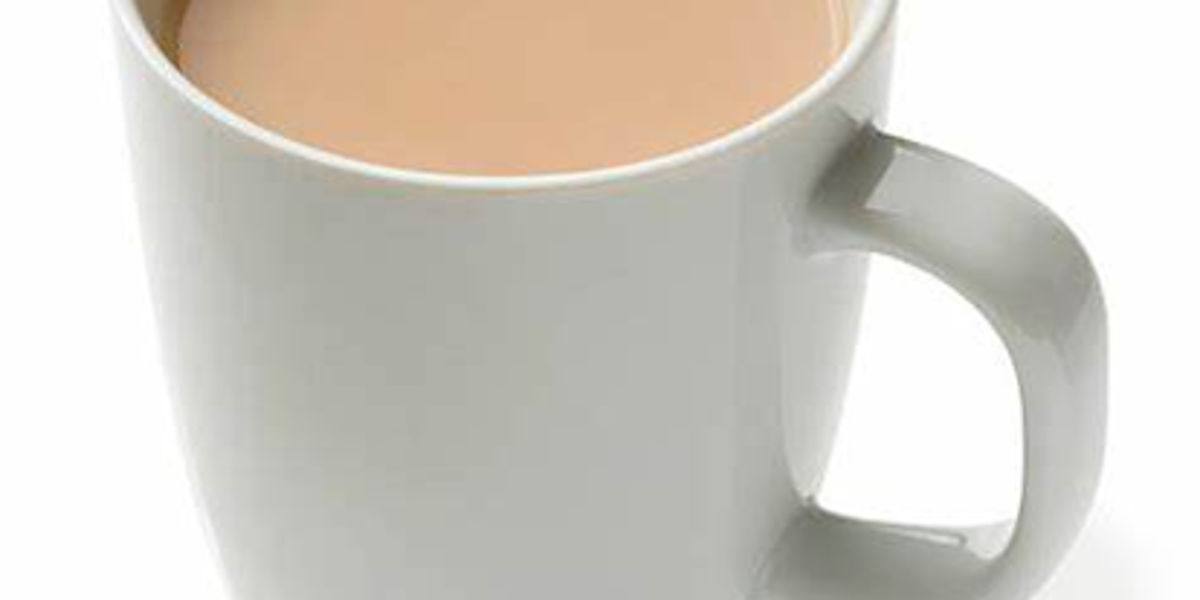
Tea, bananas, and climate
and some worrying news.
On 17th May 2023 researchers announced that there is now a 66% chance that the 1.5C global warming threshold set out in the 2015 Paris agreement will be surpassed between now and 2027. This is a clear sign that global warming is accelerating and, although certain weather patterns such as El Niño have an impact, it is beyond all reasonable doubt that increased emissions from human activities are largely responsible.
So what can we do to lower our greenhouse gas emissions, also know as our carbon footprint?
If you think about it, almost everything we do leaves a footprint of some description. The simple process of making a cup of tea is a good case in point.
Tea cultivation and manufacture involves something like nine different processes:
- Growing and harvesting
- Withering
- Fixing
- Rolling and Bruising
- Fermentation
- Heaping
- Oxidation
- Drying and Firing
- Sorting and Packing
Almost all of these stages consume energy, and that’s before the tea is driven to the docks and then shipped around the world. Then we drive to the supermarket, take the tea home, boil our kettles, add some milk - milk that mostly comes from methane emitting cows, before it is pasteurised, packaged, distributed, etc..
Calculating the total carbon footprint generated by making a single cup of tea is therefore an extraordinarily complex process. Of course not all of these steps generate the same level of emissions. The highest will come from boiling the kettle (especially if the electricity used hasn’t been generated from renewable resources) and adding milk produced by a cow.
So should we give up drinking tea? Of course not. But we should at least try to avoid driving to the supermarket if we can, and take care not to overfill the kettle.
“How Bad are Bananas?" by Mike Berners Lee is a must-read for anyone who wants to understand and reduce their carbon footprint. Packed full of interesting information, it lists the carbon footprint of nearly everything, ranging from a simple Google search (0,5g CO2e) to the global wildfires of 2019 (8,6 billion tonnes CO2e).
With its accessible style, comprehensive coverage, and practical guidance, the book provides readers with the knowledge and tools necessary to make informed decisions and contribute to a more sustainable future.
By way of example, a cup of tea with cow’s milk is listed in the book as generating 71g of CO2e, while a cup of black tea generates just 22g CO2e.






















